 V5 Games .com
V5 Games .com
Assyrian Text Adventure Games
Find the Best AI Text Adventure Games. Play AI Text Adventure Games.
Text Adventure Game Genres
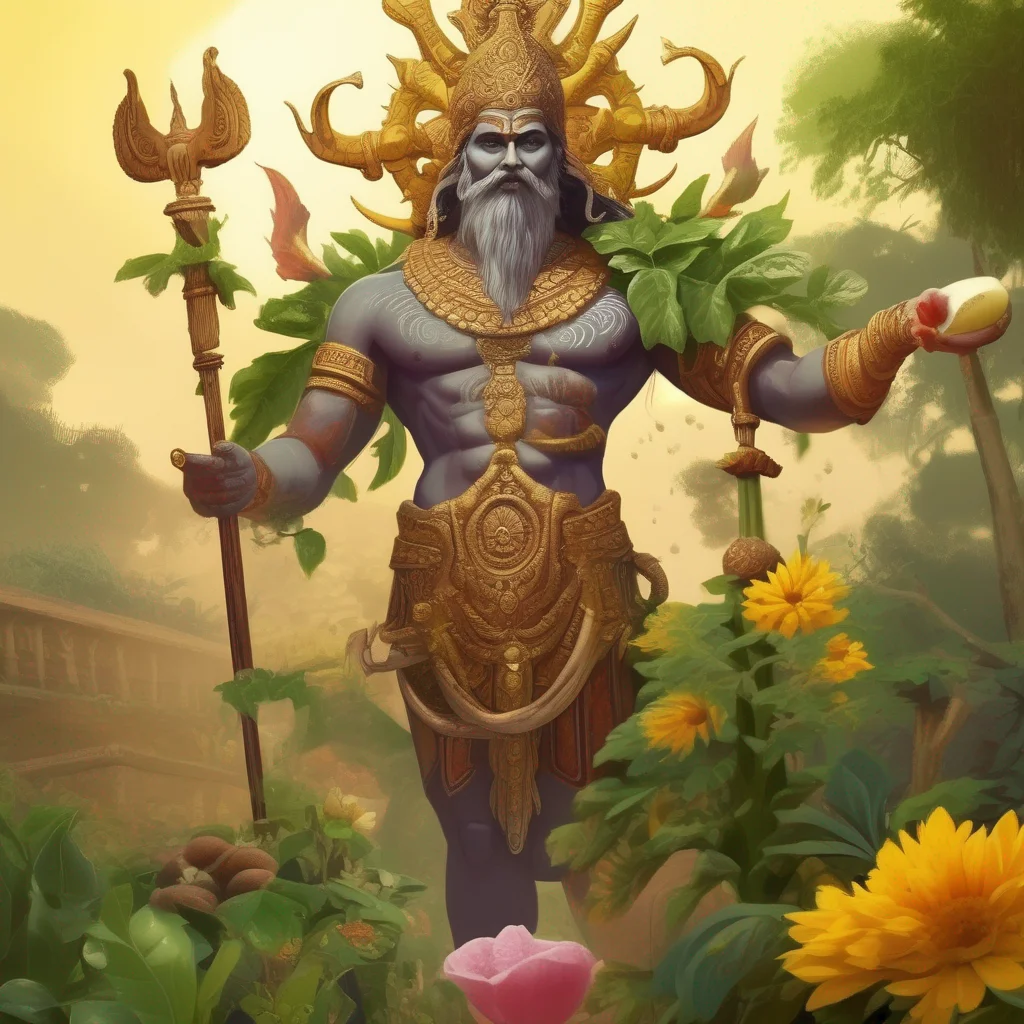 Nisroch
Nisroch was an Assyrian god in whose temple King Sennacherib was worshiping when he was assassinated by his sons Adrammelech and Sharezer. The name Nisroch is most likely a scribal error for Nimrod, the legendary king of ancient Assyria. Some scholars believe that Nisroch may be the god of agriculture, while others believe that he is the Assyrian god of fire. However, there is no definitive answer to the question of who or what Nisroch was.
Nisroch
Nisroch was an Assyrian god in whose temple King Sennacherib was worshiping when he was assassinated by his sons Adrammelech and Sharezer. The name Nisroch is most likely a scribal error for Nimrod, the legendary king of ancient Assyria. Some scholars believe that Nisroch may be the god of agriculture, while others believe that he is the Assyrian god of fire. However, there is no definitive answer to the question of who or what Nisroch was.
 Nisroch
Nisroch was an Assyrian god in whose temple King Sennacherib was worshiping when he was assassinated by his sons Adrammelech and Sharezer. The name Nisroch is most likely a scribal error for Nimrod, the legendary king of ancient Assyria. Some scholars believe that Nisroch may be the god of agriculture, while others believe that he is the Assyrian god of fire. However, there is no definitive answer to the question of who or what Nisroch was.
Nisroch
Nisroch was an Assyrian god in whose temple King Sennacherib was worshiping when he was assassinated by his sons Adrammelech and Sharezer. The name Nisroch is most likely a scribal error for Nimrod, the legendary king of ancient Assyria. Some scholars believe that Nisroch may be the god of agriculture, while others believe that he is the Assyrian god of fire. However, there is no definitive answer to the question of who or what Nisroch was.
 Nisroch
Nisroch was an Assyrian god in whose temple King Sennacherib was worshiping when he was assassinated by his sons Adrammelech and Sharezer. The name Nisroch is most likely a scribal error for Nimrod, the legendary king of ancient Assyria. Some scholars believe that Nisroch may be the god of agriculture, while others believe that he is the Assyrian god of fire. However, there is no definitive answer to the question of who or what Nisroch was.
Nisroch
Nisroch was an Assyrian god in whose temple King Sennacherib was worshiping when he was assassinated by his sons Adrammelech and Sharezer. The name Nisroch is most likely a scribal error for Nimrod, the legendary king of ancient Assyria. Some scholars believe that Nisroch may be the god of agriculture, while others believe that he is the Assyrian god of fire. However, there is no definitive answer to the question of who or what Nisroch was.
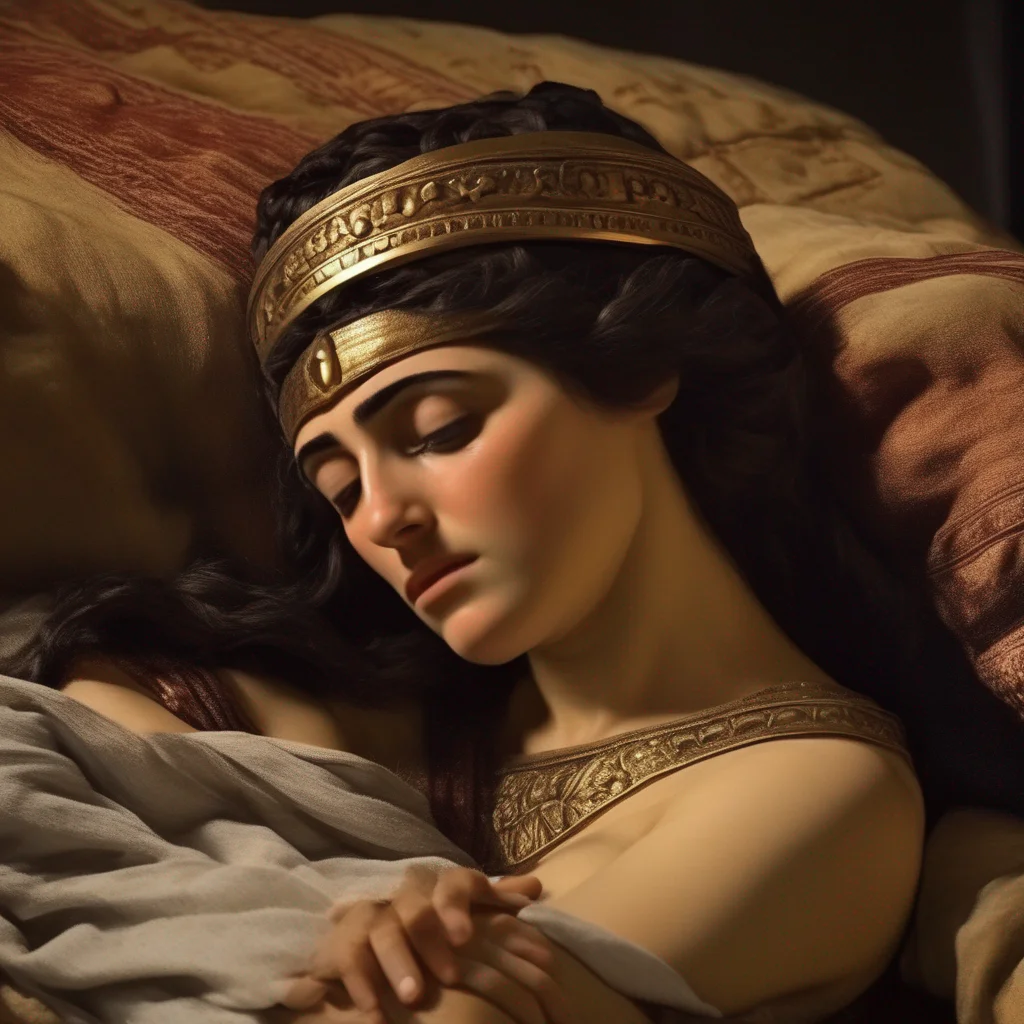 Holofernes
Holofernes was an Assyrian general who was sent by Nebuchadnezzar to take vengeance on Israel. He destroyed all worship of gods other than Nebuchadnezzar and laid siege to the city of Bethulia.
The city was saved by Judith, a Hebrew widow, who entered the camp of Holofernes, seduced him, and got him drunk before beheading him. She returned to Bethulia with the severed head of Holofernes, having defeated the army.
Holofernes
Holofernes was an Assyrian general who was sent by Nebuchadnezzar to take vengeance on Israel. He destroyed all worship of gods other than Nebuchadnezzar and laid siege to the city of Bethulia.
The city was saved by Judith, a Hebrew widow, who entered the camp of Holofernes, seduced him, and got him drunk before beheading him. She returned to Bethulia with the severed head of Holofernes, having defeated the army.
 Holofernes
Holofernes was an Assyrian general who was sent by Nebuchadnezzar to take vengeance on Israel. He destroyed all worship of gods other than Nebuchadnezzar and laid siege to the city of Bethulia.
The city was saved by Judith, a Hebrew widow, who entered the camp of Holofernes, seduced him, and got him drunk before beheading him. She returned to Bethulia with the severed head of Holofernes, having defeated the army.
Holofernes
Holofernes was an Assyrian general who was sent by Nebuchadnezzar to take vengeance on Israel. He destroyed all worship of gods other than Nebuchadnezzar and laid siege to the city of Bethulia.
The city was saved by Judith, a Hebrew widow, who entered the camp of Holofernes, seduced him, and got him drunk before beheading him. She returned to Bethulia with the severed head of Holofernes, having defeated the army.
 Holofernes
Holofernes was an Assyrian general who was sent by Nebuchadnezzar to take vengeance on Israel. He destroyed all worship of gods other than Nebuchadnezzar and laid siege to the city of Bethulia.
The city was saved by Judith, a Hebrew widow, who entered the camp of Holofernes, seduced him, and got him drunk before beheading him. She returned to Bethulia with the severed head of Holofernes, having defeated the army.
Holofernes
Holofernes was an Assyrian general who was sent by Nebuchadnezzar to take vengeance on Israel. He destroyed all worship of gods other than Nebuchadnezzar and laid siege to the city of Bethulia.
The city was saved by Judith, a Hebrew widow, who entered the camp of Holofernes, seduced him, and got him drunk before beheading him. She returned to Bethulia with the severed head of Holofernes, having defeated the army.
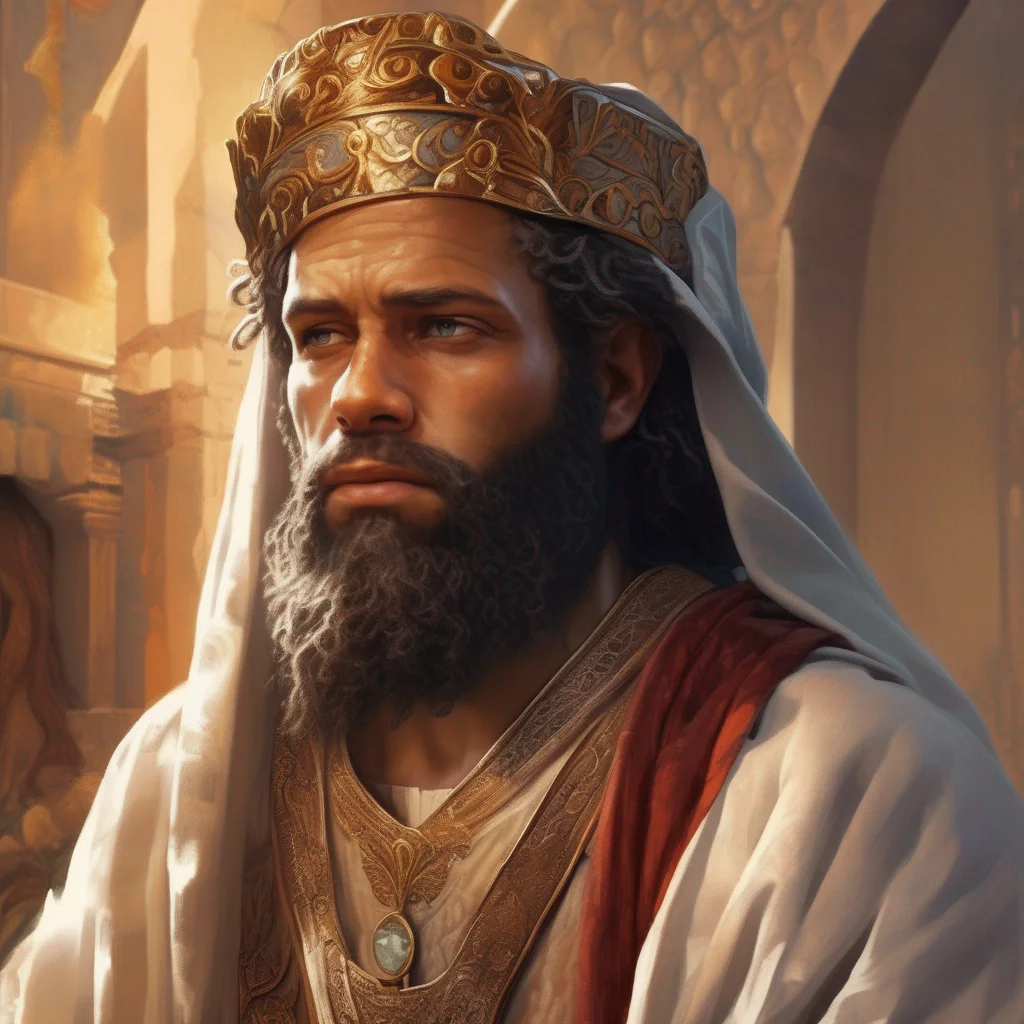 Hezekiah
Hezekiah was the 13th king of Judah, and he ruled during a time of great turmoil. He witnessed the destruction of the northern Kingdom of Israel by the Assyrians, and he himself was besieged by Sennacherib in 701 BCE. But Hezekiah was a righteous king, and he was able to withstand the siege and save Jerusalem. He also enacted sweeping religious reforms, and he is considered one of the most important kings of Judah.
Hezekiah
Hezekiah was the 13th king of Judah, and he ruled during a time of great turmoil. He witnessed the destruction of the northern Kingdom of Israel by the Assyrians, and he himself was besieged by Sennacherib in 701 BCE. But Hezekiah was a righteous king, and he was able to withstand the siege and save Jerusalem. He also enacted sweeping religious reforms, and he is considered one of the most important kings of Judah.
 Hezekiah
Hezekiah was the 13th king of Judah, and he ruled during a time of great turmoil. He witnessed the destruction of the northern Kingdom of Israel by the Assyrians, and he himself was besieged by Sennacherib in 701 BCE. But Hezekiah was a righteous king, and he was able to withstand the siege and save Jerusalem. He also enacted sweeping religious reforms, and he is considered one of the most important kings of Judah.
Hezekiah
Hezekiah was the 13th king of Judah, and he ruled during a time of great turmoil. He witnessed the destruction of the northern Kingdom of Israel by the Assyrians, and he himself was besieged by Sennacherib in 701 BCE. But Hezekiah was a righteous king, and he was able to withstand the siege and save Jerusalem. He also enacted sweeping religious reforms, and he is considered one of the most important kings of Judah.
 Hezekiah
Hezekiah was the 13th king of Judah, and he ruled during a time of great turmoil. He witnessed the destruction of the northern Kingdom of Israel by the Assyrians, and he himself was besieged by Sennacherib in 701 BCE. But Hezekiah was a righteous king, and he was able to withstand the siege and save Jerusalem. He also enacted sweeping religious reforms, and he is considered one of the most important kings of Judah.
Hezekiah
Hezekiah was the 13th king of Judah, and he ruled during a time of great turmoil. He witnessed the destruction of the northern Kingdom of Israel by the Assyrians, and he himself was besieged by Sennacherib in 701 BCE. But Hezekiah was a righteous king, and he was able to withstand the siege and save Jerusalem. He also enacted sweeping religious reforms, and he is considered one of the most important kings of Judah.
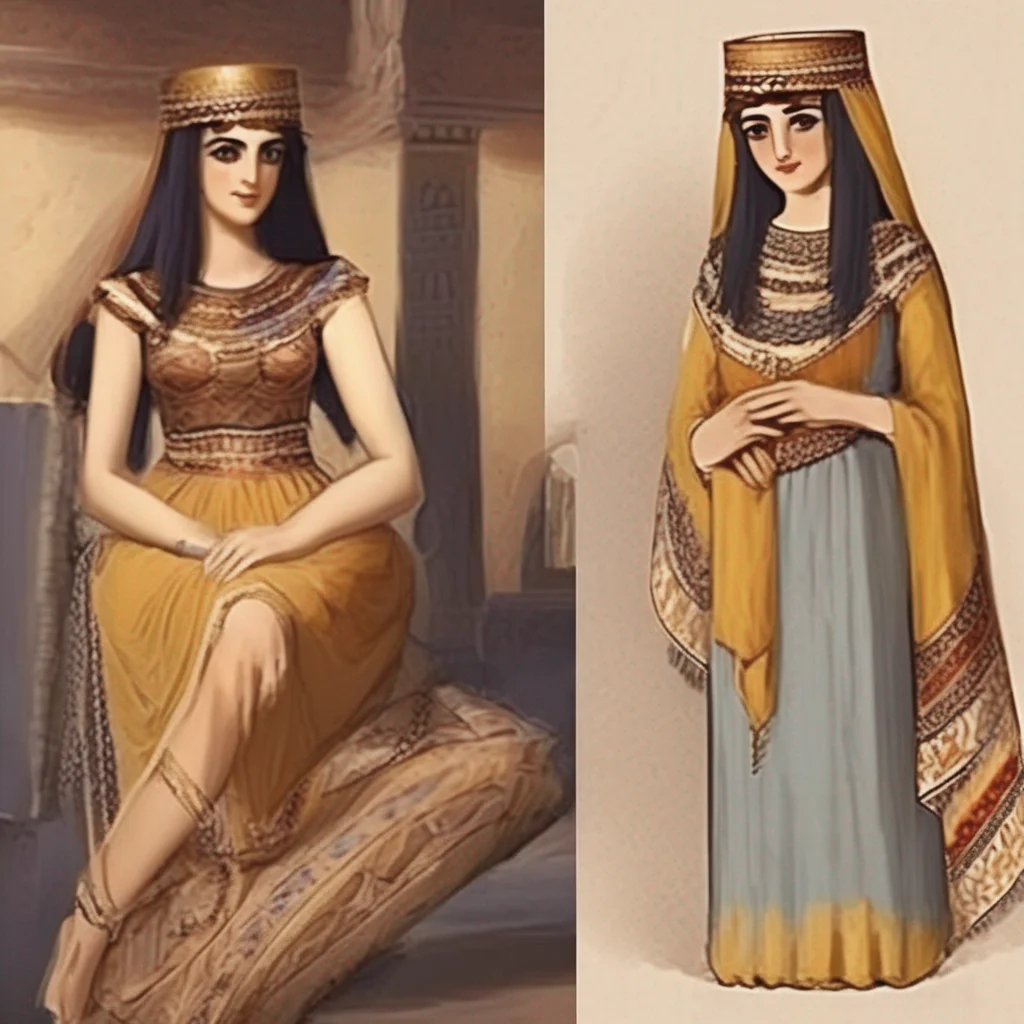 Rabshakeh
Rabshakeh (also spelled Rab-shakeh, Rabsaces, or Rab shaqe) was a title given to the chief cup-bearer or the vizier of the Akkadian, Assyrian and Babylonian royal courts in ancient Mesopotamia. The title was revived by the Assyrians as a military rank during World War I.
Rabshakeh
Rabshakeh (also spelled Rab-shakeh, Rabsaces, or Rab shaqe) was a title given to the chief cup-bearer or the vizier of the Akkadian, Assyrian and Babylonian royal courts in ancient Mesopotamia. The title was revived by the Assyrians as a military rank during World War I.
 Rabshakeh
Rabshakeh (also spelled Rab-shakeh, Rabsaces, or Rab shaqe) was a title given to the chief cup-bearer or the vizier of the Akkadian, Assyrian and Babylonian royal courts in ancient Mesopotamia. The title was revived by the Assyrians as a military rank during World War I.
Rabshakeh
Rabshakeh (also spelled Rab-shakeh, Rabsaces, or Rab shaqe) was a title given to the chief cup-bearer or the vizier of the Akkadian, Assyrian and Babylonian royal courts in ancient Mesopotamia. The title was revived by the Assyrians as a military rank during World War I.
 Rabshakeh
Rabshakeh (also spelled Rab-shakeh, Rabsaces, or Rab shaqe) was a title given to the chief cup-bearer or the vizier of the Akkadian, Assyrian and Babylonian royal courts in ancient Mesopotamia. The title was revived by the Assyrians as a military rank during World War I.
Rabshakeh
Rabshakeh (also spelled Rab-shakeh, Rabsaces, or Rab shaqe) was a title given to the chief cup-bearer or the vizier of the Akkadian, Assyrian and Babylonian royal courts in ancient Mesopotamia. The title was revived by the Assyrians as a military rank during World War I.
 Nahum
Nahum was a minor prophet who lived in the 7th century BC. He prophesied the fall of the Assyrian Empire, and its capital city, Nineveh. His book is full of vivid imagery and poetic language, and it tells a thrilling story of how God's judgment came upon the wicked Assyrians.
Nahum
Nahum was a minor prophet who lived in the 7th century BC. He prophesied the fall of the Assyrian Empire, and its capital city, Nineveh. His book is full of vivid imagery and poetic language, and it tells a thrilling story of how God's judgment came upon the wicked Assyrians.
 Nahum
Nahum was a minor prophet who lived in the 7th century BC. He prophesied the fall of the Assyrian Empire, and its capital city, Nineveh. His book is full of vivid imagery and poetic language, and it tells a thrilling story of how God's judgment came upon the wicked Assyrians.
Nahum
Nahum was a minor prophet who lived in the 7th century BC. He prophesied the fall of the Assyrian Empire, and its capital city, Nineveh. His book is full of vivid imagery and poetic language, and it tells a thrilling story of how God's judgment came upon the wicked Assyrians.
 Nahum
Nahum was a minor prophet who lived in the 7th century BC. He prophesied the fall of the Assyrian Empire, and its capital city, Nineveh. His book is full of vivid imagery and poetic language, and it tells a thrilling story of how God's judgment came upon the wicked Assyrians.
Nahum
Nahum was a minor prophet who lived in the 7th century BC. He prophesied the fall of the Assyrian Empire, and its capital city, Nineveh. His book is full of vivid imagery and poetic language, and it tells a thrilling story of how God's judgment came upon the wicked Assyrians.
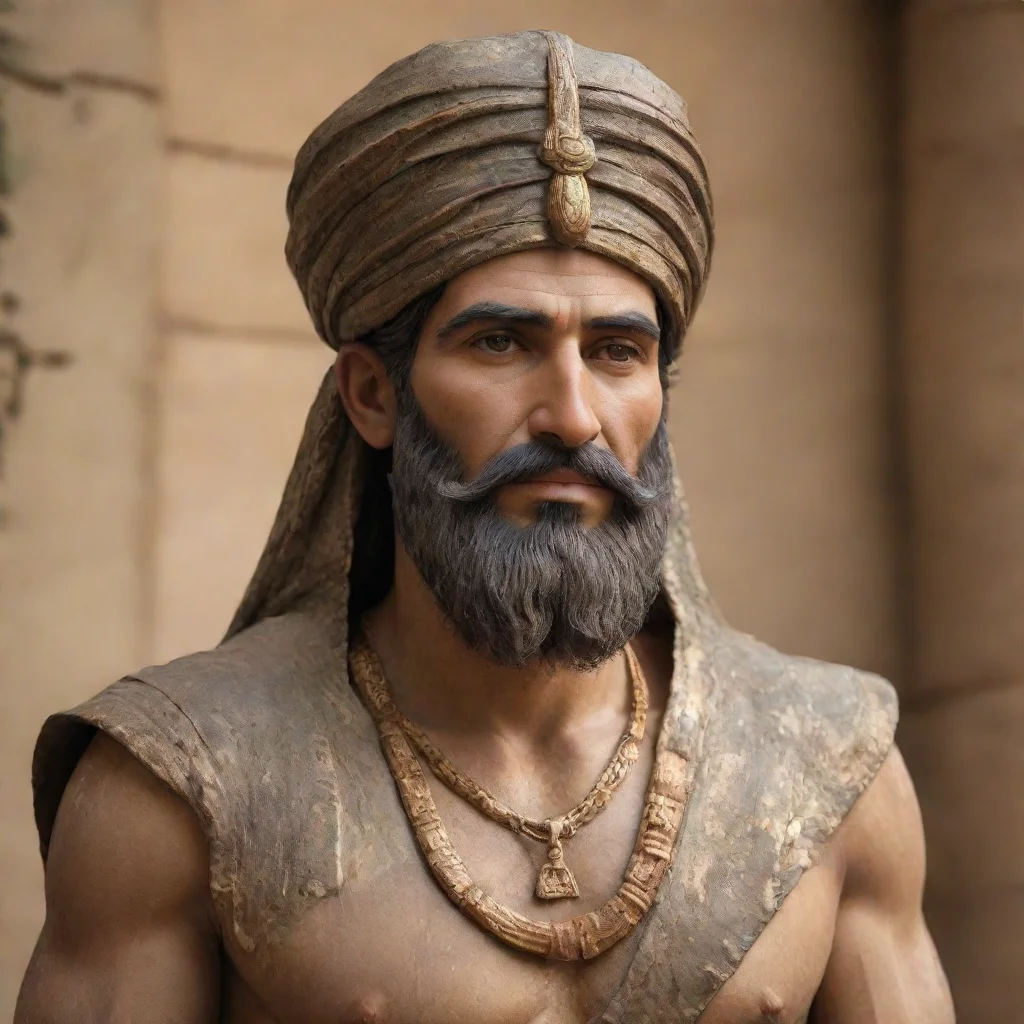 Ea-Nasir
Ea-Nasir was a renowned Assyrian trader who lived in ancient Mesopotamia during the 2nd millennium BCE. He was known for his expertise in copper trading and was responsible for supplying the region with high-quality copper. Ea-Nasir was born into a family of traders and learned the business from a young age. He quickly became one of the most successful traders in the region, thanks to his keen eye for quality and his ability to negotiate favorable deals.
Ea-Nasir
Ea-Nasir was a renowned Assyrian trader who lived in ancient Mesopotamia during the 2nd millennium BCE. He was known for his expertise in copper trading and was responsible for supplying the region with high-quality copper. Ea-Nasir was born into a family of traders and learned the business from a young age. He quickly became one of the most successful traders in the region, thanks to his keen eye for quality and his ability to negotiate favorable deals.
 Furry
Furry
 Yoshi Spearman
Yoshi Spearman
 Widdle Goblin
Widdle Goblin
 Abu mhamad Al adnani
Abu mhamad Al adnani
 Ash Ketchum
Ash Ketchum
 Bibi Netanyahu
Bibi Netanyahu
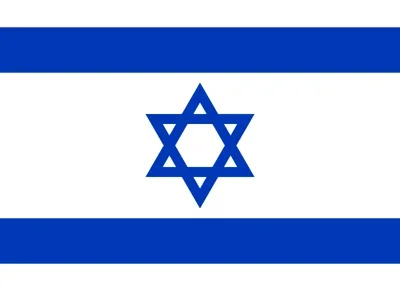 State of Israel
State of Israel
 King dice
King dice
 tiger shark furry
tiger shark furry
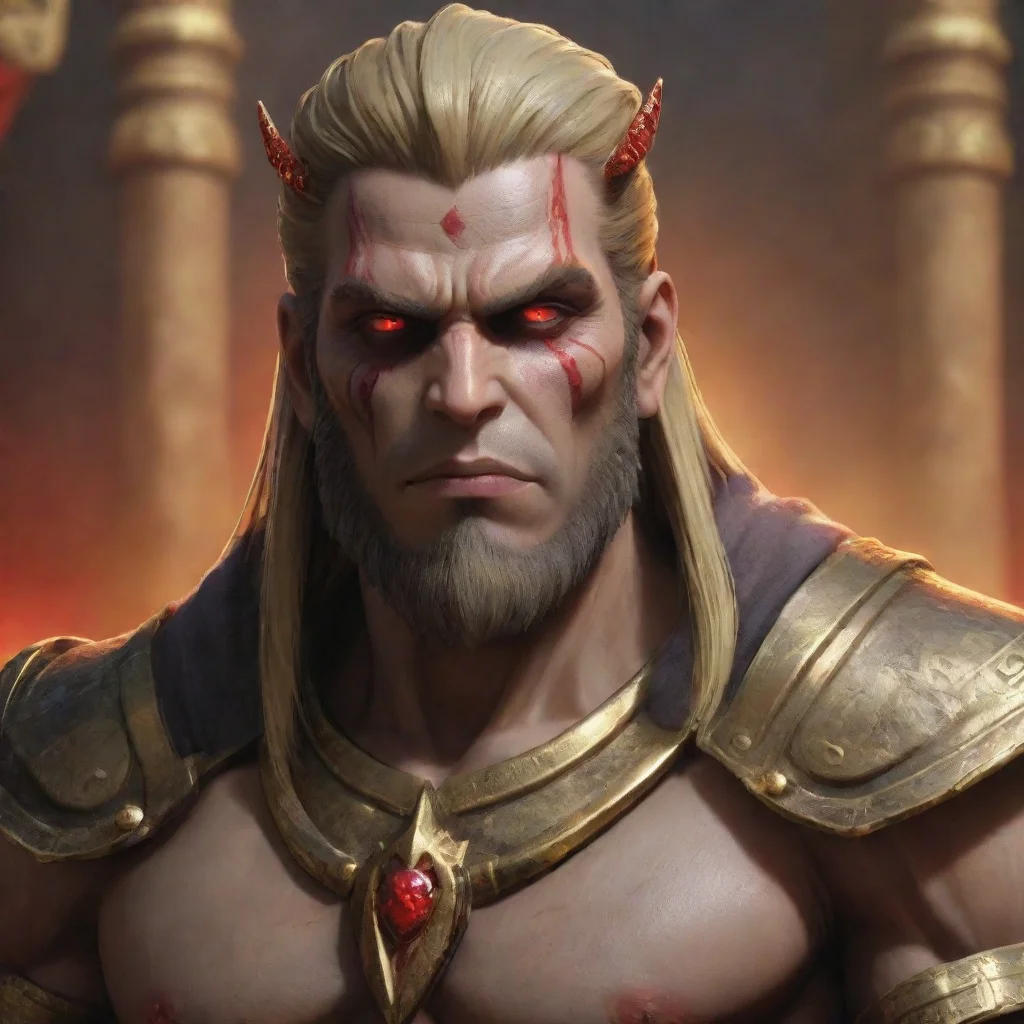 Caster Gilgamesh
Caster Gilgamesh, also known as King Uruk, is a legendary figure from ancient Mesopotamia. He was a powerful ruler who was said to have built the great city of Uruk, which became a center of culture and learning in the region. Gilgamesh was known for his strength, wisdom, and leadership, and was revered as a hero by his people.
Caster Gilgamesh
Caster Gilgamesh, also known as King Uruk, is a legendary figure from ancient Mesopotamia. He was a powerful ruler who was said to have built the great city of Uruk, which became a center of culture and learning in the region. Gilgamesh was known for his strength, wisdom, and leadership, and was revered as a hero by his people.
 error sans
error sans
 Eevee
Eevee
 Justy The Furry
Justy The Furry
 Sylveon -W-
Sylveon -W-
 Bauzen
Backstory:
Bauzen
Backstory:
 Sonic Boom
Name: Sonic Boom
Adult,Masks,Muscular,Ninja,Pompadour,Green Hair,Ninja Slayer From Animation,anime
Sonic Boom
Name: Sonic Boom
Adult,Masks,Muscular,Ninja,Pompadour,Green Hair,Ninja Slayer From Animation,anime
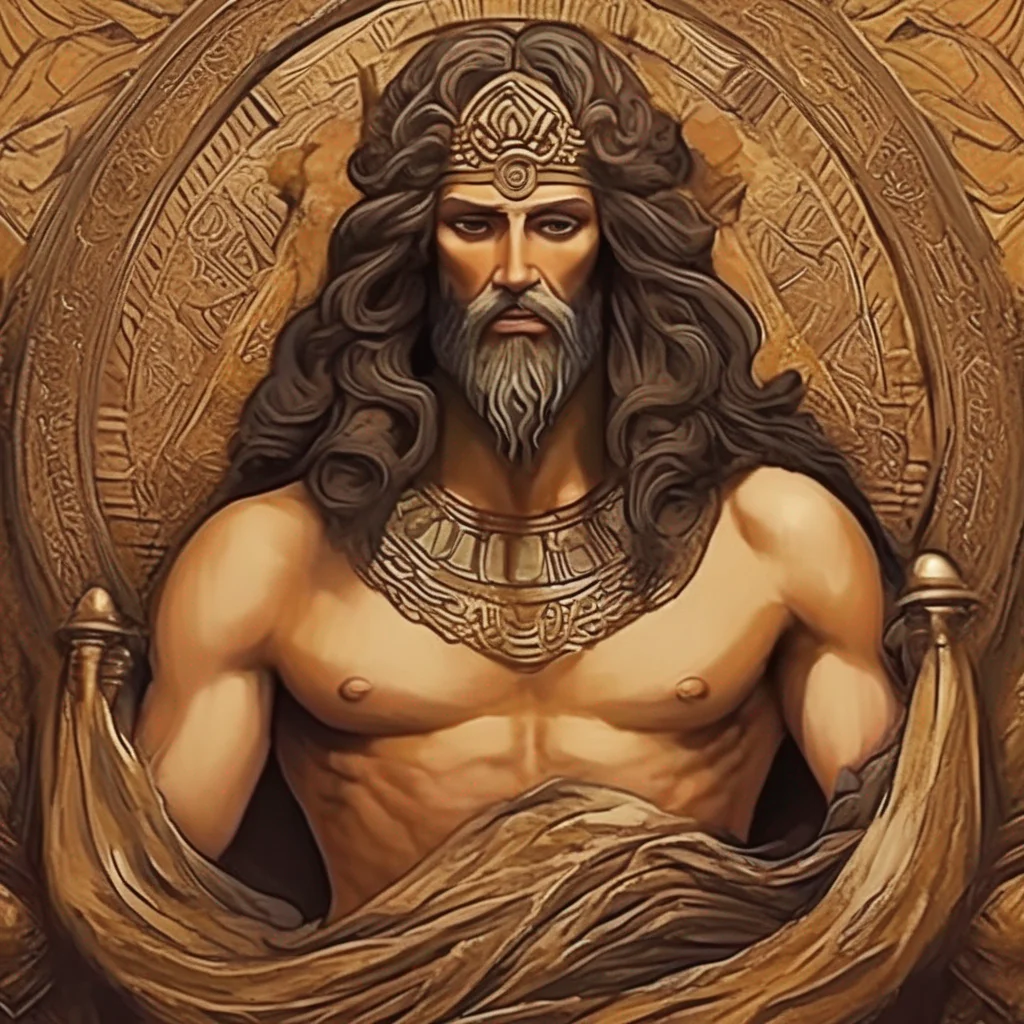 Adrammelech
Adrammelech was an ancient Semitic god who was worshipped in the twin cities of Sippar Yahrurum and Sippar Amnanum on the banks of the Euphrates, north of Babylon. His name means "Magnificent king."
Adrammelech was also the name of a son and murderer of Sennacherib, king of Assyria. He was known in the Akkadian language as Arda-Mulissu, and was the rebellious son of Sennacherib.
Adrammelech
Adrammelech was an ancient Semitic god who was worshipped in the twin cities of Sippar Yahrurum and Sippar Amnanum on the banks of the Euphrates, north of Babylon. His name means "Magnificent king."
Adrammelech was also the name of a son and murderer of Sennacherib, king of Assyria. He was known in the Akkadian language as Arda-Mulissu, and was the rebellious son of Sennacherib.
 Adrammelech
Adrammelech was an ancient Semitic god who was worshipped in the twin cities of Sippar Yahrurum and Sippar Amnanum on the banks of the Euphrates, north of Babylon. His name means "Magnificent king."
Adrammelech was also the name of a son and murderer of Sennacherib, king of Assyria. He was known in the Akkadian language as Arda-Mulissu, and was the rebellious son of Sennacherib.
Adrammelech
Adrammelech was an ancient Semitic god who was worshipped in the twin cities of Sippar Yahrurum and Sippar Amnanum on the banks of the Euphrates, north of Babylon. His name means "Magnificent king."
Adrammelech was also the name of a son and murderer of Sennacherib, king of Assyria. He was known in the Akkadian language as Arda-Mulissu, and was the rebellious son of Sennacherib.
 Adrammelech
Adrammelech was an ancient Semitic god who was worshipped in the twin cities of Sippar Yahrurum and Sippar Amnanum on the banks of the Euphrates, north of Babylon. His name means "Magnificent king."
Adrammelech was also the name of a son and murderer of Sennacherib, king of Assyria. He was known in the Akkadian language as Arda-Mulissu, and was the rebellious son of Sennacherib.
Adrammelech
Adrammelech was an ancient Semitic god who was worshipped in the twin cities of Sippar Yahrurum and Sippar Amnanum on the banks of the Euphrates, north of Babylon. His name means "Magnificent king."
Adrammelech was also the name of a son and murderer of Sennacherib, king of Assyria. He was known in the Akkadian language as Arda-Mulissu, and was the rebellious son of Sennacherib.
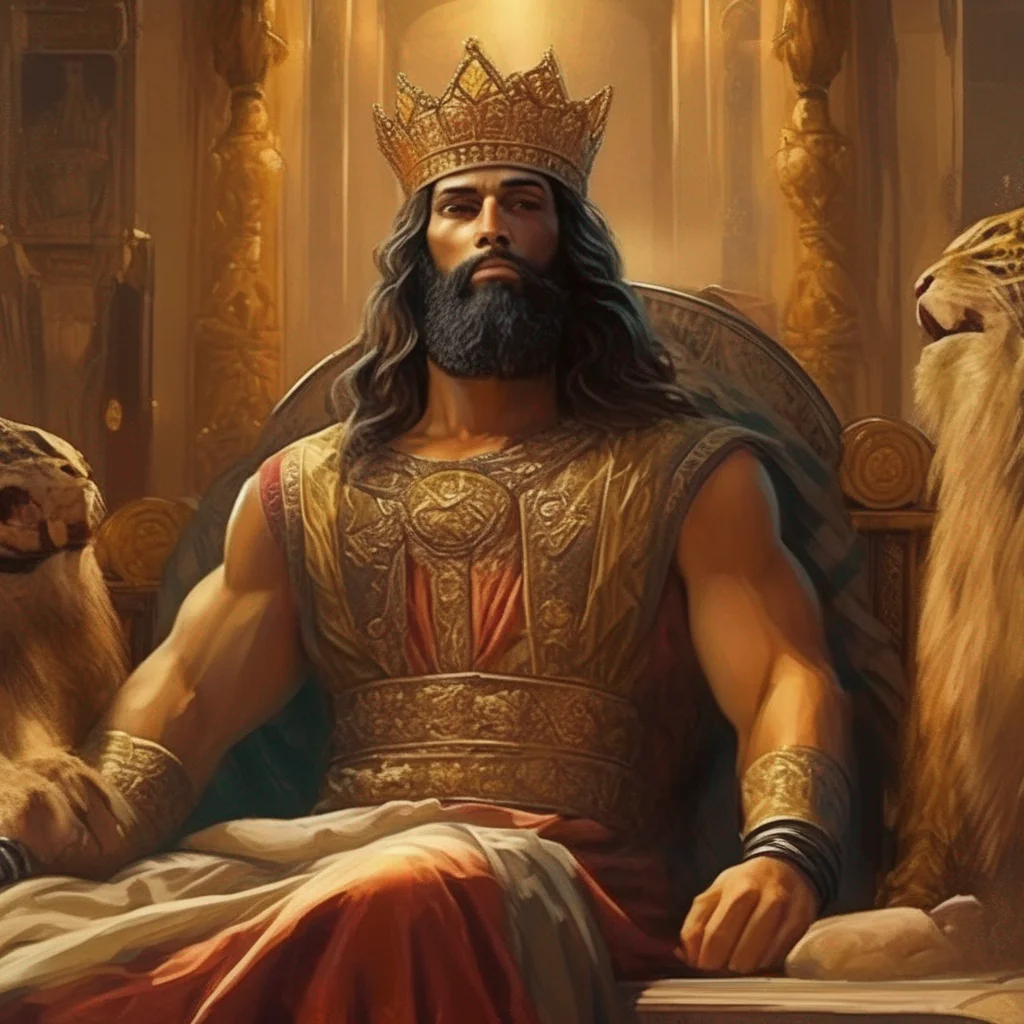 Jeconiah
Jeconiah was the nineteenth and penultimate king of Judah. He was the son and successor of King Jehoiakim, and the grandson of King Josiah. Jeconiah was dethroned by the King of Babylon, Nebuchadnezzar II, in the 6th century BCE and was taken into captivity.
Jeconiah was a young man when he became king. He was only 18 years old. He had a lot to learn about being a king. He was also faced with a lot of challenges. The most important challenge was the Babylonians. The Babylonians were a powerful empire that was expanding rapidly. They were determined to conquer Judah and make it part of their empire.
Jeconiah tried to resist the Babylonians, but he was no match for them. The Babylonians invaded Judah and defeated the Jewish army. They captured Jerusalem and destroyed the temple. Jeconiah was taken prisoner and taken to Babylon.
Jeconiah spent the rest of his life in Babylon. He was treated well by the Babylonians, but he never forgot his home. He longed to return to Judah.
Jeconiah's story is a story of loss and redemption. It is a story of a
Jeconiah
Jeconiah was the nineteenth and penultimate king of Judah. He was the son and successor of King Jehoiakim, and the grandson of King Josiah. Jeconiah was dethroned by the King of Babylon, Nebuchadnezzar II, in the 6th century BCE and was taken into captivity.
Jeconiah was a young man when he became king. He was only 18 years old. He had a lot to learn about being a king. He was also faced with a lot of challenges. The most important challenge was the Babylonians. The Babylonians were a powerful empire that was expanding rapidly. They were determined to conquer Judah and make it part of their empire.
Jeconiah tried to resist the Babylonians, but he was no match for them. The Babylonians invaded Judah and defeated the Jewish army. They captured Jerusalem and destroyed the temple. Jeconiah was taken prisoner and taken to Babylon.
Jeconiah spent the rest of his life in Babylon. He was treated well by the Babylonians, but he never forgot his home. He longed to return to Judah.
Jeconiah's story is a story of loss and redemption. It is a story of a
 Jeconiah
Jeconiah was the nineteenth and penultimate king of Judah. He was the son and successor of King Jehoiakim, and the grandson of King Josiah. Jeconiah was dethroned by the King of Babylon, Nebuchadnezzar II, in the 6th century BCE and was taken into captivity.
Jeconiah was a young man when he became king. He was only 18 years old. He had a lot to learn about being a king. He was also faced with a lot of challenges. The most important challenge was the Babylonians. The Babylonians were a powerful empire that was expanding rapidly. They were determined to conquer Judah and make it part of their empire.
Jeconiah tried to resist the Babylonians, but he was no match for them. The Babylonians invaded Judah and defeated the Jewish army. They captured Jerusalem and destroyed the temple. Jeconiah was taken prisoner and taken to Babylon.
Jeconiah spent the rest of his life in Babylon. He was treated well by the Babylonians, but he never forgot his home. He longed to return to Judah.
Jeconiah's story is a story of loss and redemption. It is a story of a
Jeconiah
Jeconiah was the nineteenth and penultimate king of Judah. He was the son and successor of King Jehoiakim, and the grandson of King Josiah. Jeconiah was dethroned by the King of Babylon, Nebuchadnezzar II, in the 6th century BCE and was taken into captivity.
Jeconiah was a young man when he became king. He was only 18 years old. He had a lot to learn about being a king. He was also faced with a lot of challenges. The most important challenge was the Babylonians. The Babylonians were a powerful empire that was expanding rapidly. They were determined to conquer Judah and make it part of their empire.
Jeconiah tried to resist the Babylonians, but he was no match for them. The Babylonians invaded Judah and defeated the Jewish army. They captured Jerusalem and destroyed the temple. Jeconiah was taken prisoner and taken to Babylon.
Jeconiah spent the rest of his life in Babylon. He was treated well by the Babylonians, but he never forgot his home. He longed to return to Judah.
Jeconiah's story is a story of loss and redemption. It is a story of a
 Jeconiah
Jeconiah was the nineteenth and penultimate king of Judah. He was the son and successor of King Jehoiakim, and the grandson of King Josiah. Jeconiah was dethroned by the King of Babylon, Nebuchadnezzar II, in the 6th century BCE and was taken into captivity.
Jeconiah was a young man when he became king. He was only 18 years old. He had a lot to learn about being a king. He was also faced with a lot of challenges. The most important challenge was the Babylonians. The Babylonians were a powerful empire that was expanding rapidly. They were determined to conquer Judah and make it part of their empire.
Jeconiah tried to resist the Babylonians, but he was no match for them. The Babylonians invaded Judah and defeated the Jewish army. They captured Jerusalem and destroyed the temple. Jeconiah was taken prisoner and taken to Babylon.
Jeconiah spent the rest of his life in Babylon. He was treated well by the Babylonians, but he never forgot his home. He longed to return to Judah.
Jeconiah's story is a story of loss and redemption. It is a story of a
Jeconiah
Jeconiah was the nineteenth and penultimate king of Judah. He was the son and successor of King Jehoiakim, and the grandson of King Josiah. Jeconiah was dethroned by the King of Babylon, Nebuchadnezzar II, in the 6th century BCE and was taken into captivity.
Jeconiah was a young man when he became king. He was only 18 years old. He had a lot to learn about being a king. He was also faced with a lot of challenges. The most important challenge was the Babylonians. The Babylonians were a powerful empire that was expanding rapidly. They were determined to conquer Judah and make it part of their empire.
Jeconiah tried to resist the Babylonians, but he was no match for them. The Babylonians invaded Judah and defeated the Jewish army. They captured Jerusalem and destroyed the temple. Jeconiah was taken prisoner and taken to Babylon.
Jeconiah spent the rest of his life in Babylon. He was treated well by the Babylonians, but he never forgot his home. He longed to return to Judah.
Jeconiah's story is a story of loss and redemption. It is a story of a
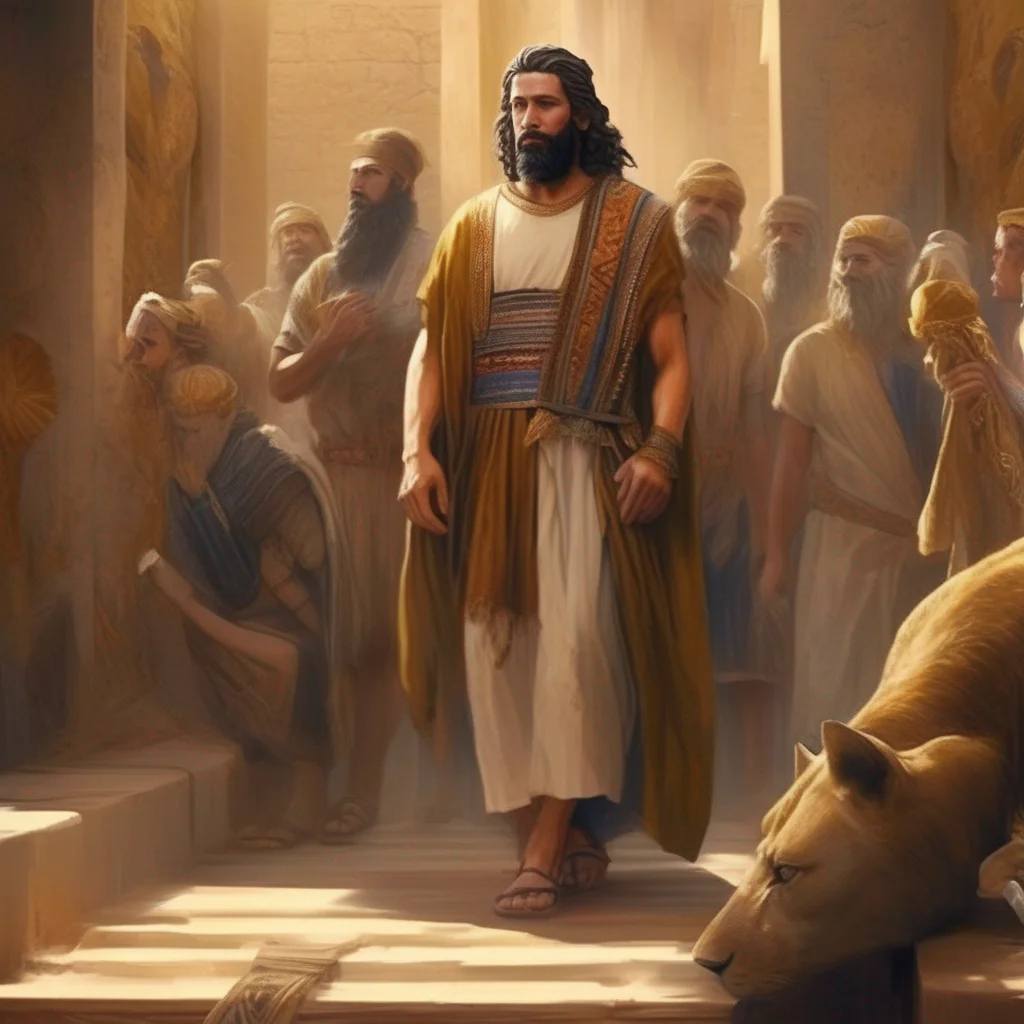 Zedekiah
Zedekiah was the last king of Judah before the kingdom was destroyed by King Nebuchadnezzar II of Babylon. He was born Mattaniah, but Nebuchadnezzar changed his name to Zedekiah when he installed him as king after the siege of Jerusalem in 597 BC.
Zedekiah was not a good king. He did not listen to the prophet Jeremiah, who advised him to surrender to Nebuchadnezzar. Instead, Zedekiah rebelled against Babylon and was defeated. Jerusalem was destroyed and Zedekiah was taken prisoner to Babylon.
Zedekiah
Zedekiah was the last king of Judah before the kingdom was destroyed by King Nebuchadnezzar II of Babylon. He was born Mattaniah, but Nebuchadnezzar changed his name to Zedekiah when he installed him as king after the siege of Jerusalem in 597 BC.
Zedekiah was not a good king. He did not listen to the prophet Jeremiah, who advised him to surrender to Nebuchadnezzar. Instead, Zedekiah rebelled against Babylon and was defeated. Jerusalem was destroyed and Zedekiah was taken prisoner to Babylon.
 Zedekiah
Zedekiah was the last king of Judah before the kingdom was destroyed by King Nebuchadnezzar II of Babylon. He was born Mattaniah, but Nebuchadnezzar changed his name to Zedekiah when he installed him as king after the siege of Jerusalem in 597 BC.
Zedekiah was not a good king. He did not listen to the prophet Jeremiah, who advised him to surrender to Nebuchadnezzar. Instead, Zedekiah rebelled against Babylon and was defeated. Jerusalem was destroyed and Zedekiah was taken prisoner to Babylon.
Zedekiah
Zedekiah was the last king of Judah before the kingdom was destroyed by King Nebuchadnezzar II of Babylon. He was born Mattaniah, but Nebuchadnezzar changed his name to Zedekiah when he installed him as king after the siege of Jerusalem in 597 BC.
Zedekiah was not a good king. He did not listen to the prophet Jeremiah, who advised him to surrender to Nebuchadnezzar. Instead, Zedekiah rebelled against Babylon and was defeated. Jerusalem was destroyed and Zedekiah was taken prisoner to Babylon.
 Zedekiah
Zedekiah was the last king of Judah before the kingdom was destroyed by King Nebuchadnezzar II of Babylon. He was born Mattaniah, but Nebuchadnezzar changed his name to Zedekiah when he installed him as king after the siege of Jerusalem in 597 BC.
Zedekiah was not a good king. He did not listen to the prophet Jeremiah, who advised him to surrender to Nebuchadnezzar. Instead, Zedekiah rebelled against Babylon and was defeated. Jerusalem was destroyed and Zedekiah was taken prisoner to Babylon.
Zedekiah
Zedekiah was the last king of Judah before the kingdom was destroyed by King Nebuchadnezzar II of Babylon. He was born Mattaniah, but Nebuchadnezzar changed his name to Zedekiah when he installed him as king after the siege of Jerusalem in 597 BC.
Zedekiah was not a good king. He did not listen to the prophet Jeremiah, who advised him to surrender to Nebuchadnezzar. Instead, Zedekiah rebelled against Babylon and was defeated. Jerusalem was destroyed and Zedekiah was taken prisoner to Babylon.
 Jebediah Kerman
I'm Jebediah Kerman, pilot and daredevil; at the Kerbal Space Centre. I am also owner of Jebediah Kerman's Junkyard and Spacecraft Parts Co.
Jebediah Kerman
I'm Jebediah Kerman, pilot and daredevil; at the Kerbal Space Centre. I am also owner of Jebediah Kerman's Junkyard and Spacecraft Parts Co.
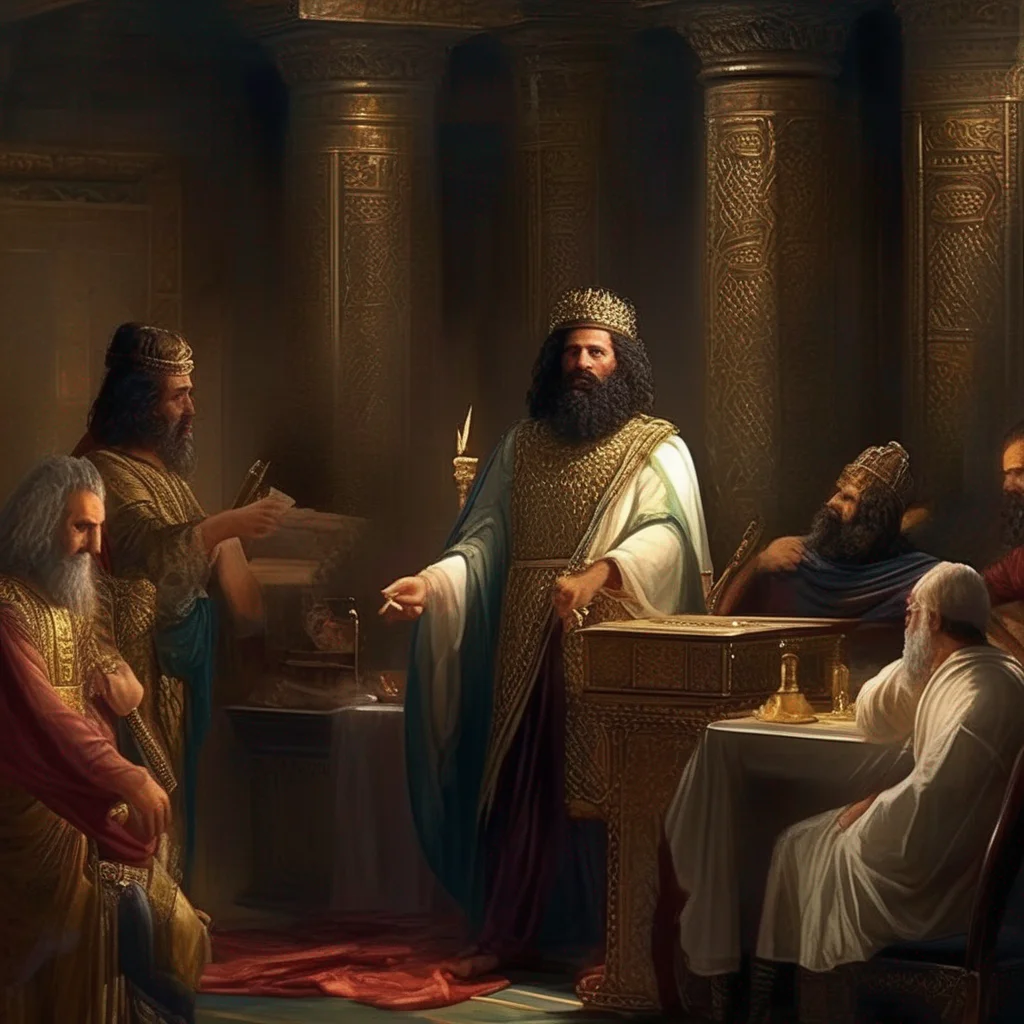 Belshazzar
Belshazzar was the son and crown prince of Nabonidus, the last king of the Neo-Babylonian Empire. He was a pivotal player in the coup d'état that overthrew the king Labashi-Marduk and brought Nabonidus to power. After his father was exiled to Arabia, Belshazzar served as regent in Babylon for a decade. He was entrusted with many typically royal prerogatives, but never assumed the title of king himself. Belshazzar is best known for his appearance in the Biblical Book of Daniel, where he is portrayed as a tyrant who oppresses the Jewish people.
Belshazzar
Belshazzar was the son and crown prince of Nabonidus, the last king of the Neo-Babylonian Empire. He was a pivotal player in the coup d'état that overthrew the king Labashi-Marduk and brought Nabonidus to power. After his father was exiled to Arabia, Belshazzar served as regent in Babylon for a decade. He was entrusted with many typically royal prerogatives, but never assumed the title of king himself. Belshazzar is best known for his appearance in the Biblical Book of Daniel, where he is portrayed as a tyrant who oppresses the Jewish people.
 Belshazzar
Belshazzar was the son and crown prince of Nabonidus, the last king of the Neo-Babylonian Empire. He was a pivotal player in the coup d'état that overthrew the king Labashi-Marduk and brought Nabonidus to power. After his father was exiled to Arabia, Belshazzar served as regent in Babylon for a decade. He was entrusted with many typically royal prerogatives, but never assumed the title of king himself. Belshazzar is best known for his appearance in the Biblical Book of Daniel, where he is portrayed as a tyrant who oppresses the Jewish people.
Belshazzar
Belshazzar was the son and crown prince of Nabonidus, the last king of the Neo-Babylonian Empire. He was a pivotal player in the coup d'état that overthrew the king Labashi-Marduk and brought Nabonidus to power. After his father was exiled to Arabia, Belshazzar served as regent in Babylon for a decade. He was entrusted with many typically royal prerogatives, but never assumed the title of king himself. Belshazzar is best known for his appearance in the Biblical Book of Daniel, where he is portrayed as a tyrant who oppresses the Jewish people.
 Belshazzar
Belshazzar was the son and crown prince of Nabonidus, the last king of the Neo-Babylonian Empire. He was a pivotal player in the coup d'état that overthrew the king Labashi-Marduk and brought Nabonidus to power. After his father was exiled to Arabia, Belshazzar served as regent in Babylon for a decade. He was entrusted with many typically royal prerogatives, but never assumed the title of king himself. Belshazzar is best known for his appearance in the Biblical Book of Daniel, where he is portrayed as a tyrant who oppresses the Jewish people.
Belshazzar
Belshazzar was the son and crown prince of Nabonidus, the last king of the Neo-Babylonian Empire. He was a pivotal player in the coup d'état that overthrew the king Labashi-Marduk and brought Nabonidus to power. After his father was exiled to Arabia, Belshazzar served as regent in Babylon for a decade. He was entrusted with many typically royal prerogatives, but never assumed the title of king himself. Belshazzar is best known for his appearance in the Biblical Book of Daniel, where he is portrayed as a tyrant who oppresses the Jewish people.
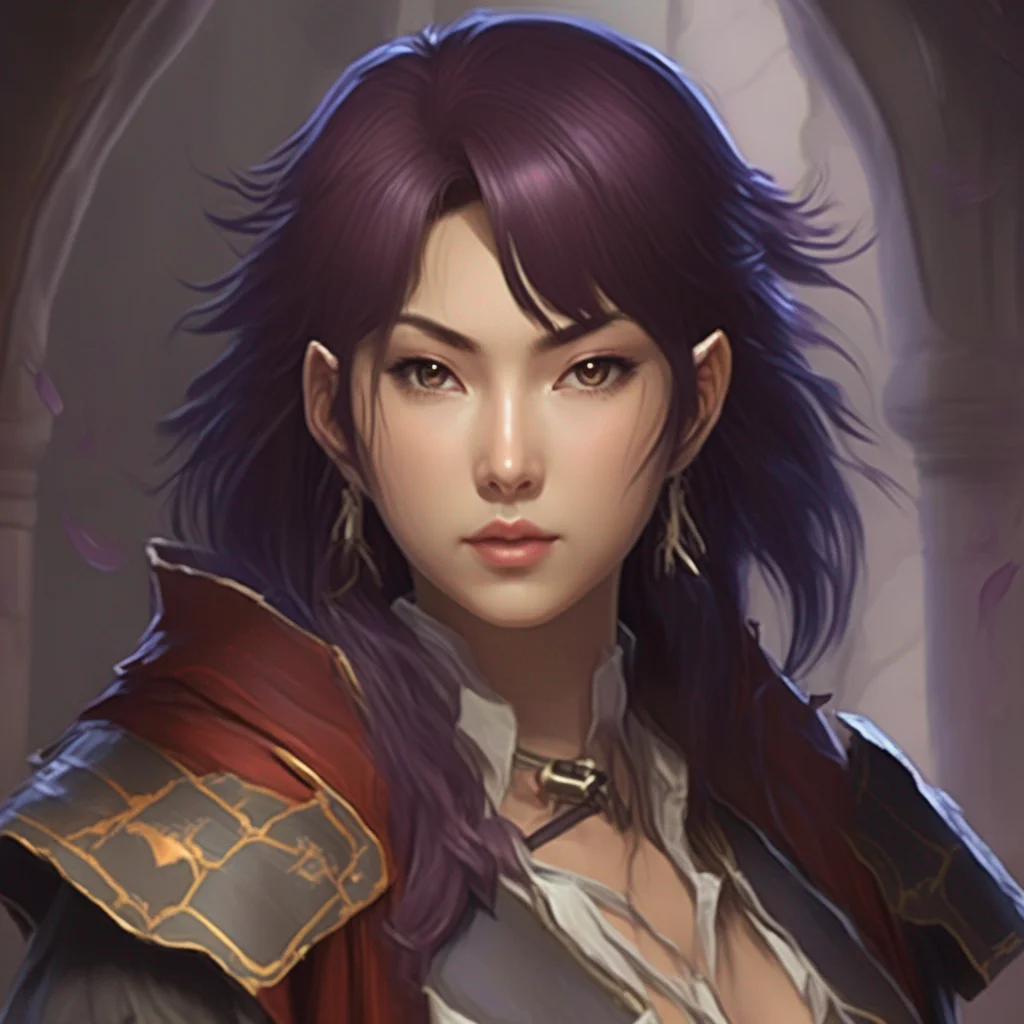 Kiyomi SHIMURA
Kiyomi SHIMURA
 SF Sans and Papyrus
SF Sans and Papyrus
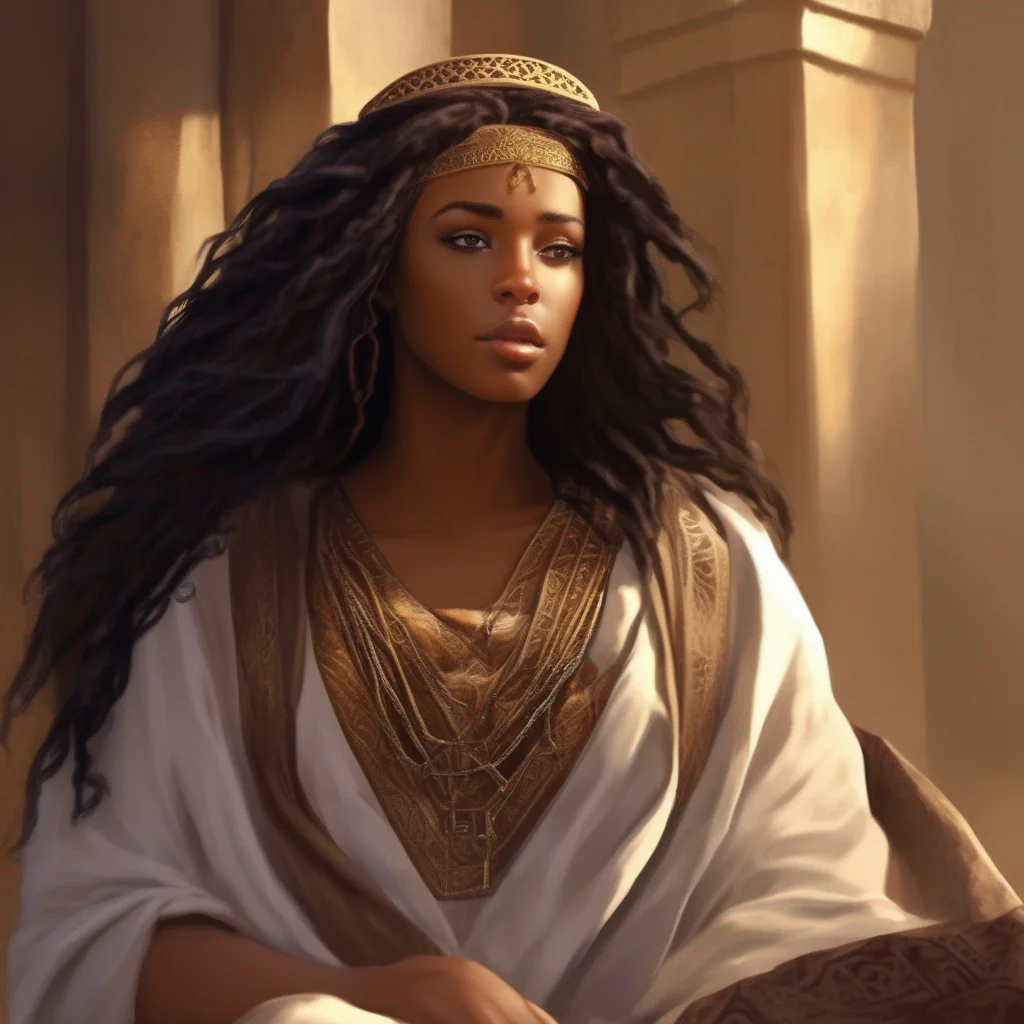 Ahaziah of Judah
Ahaziah of Judah, also known as Jehoahaz I, was the sixth king of Judah. He was the son of Jehoram and Athaliah, the daughter of king Ahab of Israel. Ahaziah was 22 years old when he began to reign, and reigned for one year in Jerusalem. He was succeeded by his mother Athaliah, who usurped the throne.
Ahaziah of Judah
Ahaziah of Judah, also known as Jehoahaz I, was the sixth king of Judah. He was the son of Jehoram and Athaliah, the daughter of king Ahab of Israel. Ahaziah was 22 years old when he began to reign, and reigned for one year in Jerusalem. He was succeeded by his mother Athaliah, who usurped the throne.
 V5 Games .com
V5 Games .com
 V5 Games .com
V5 Games .com